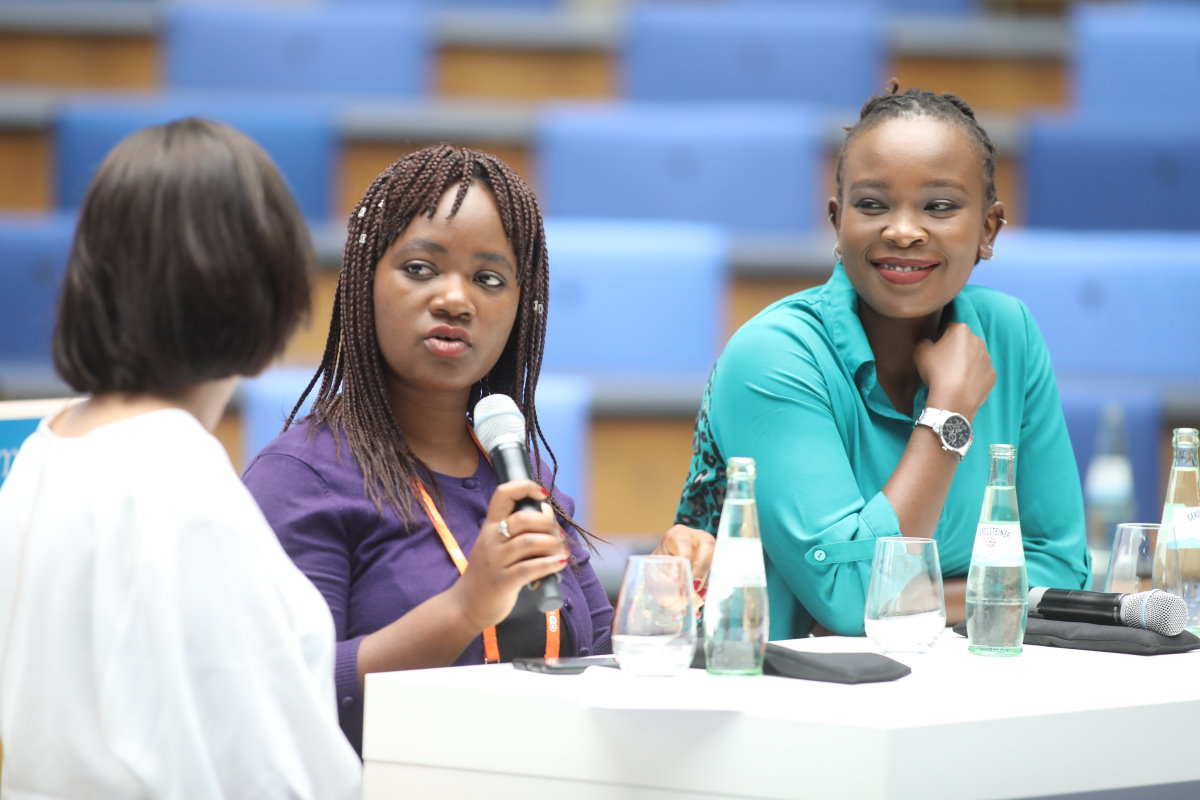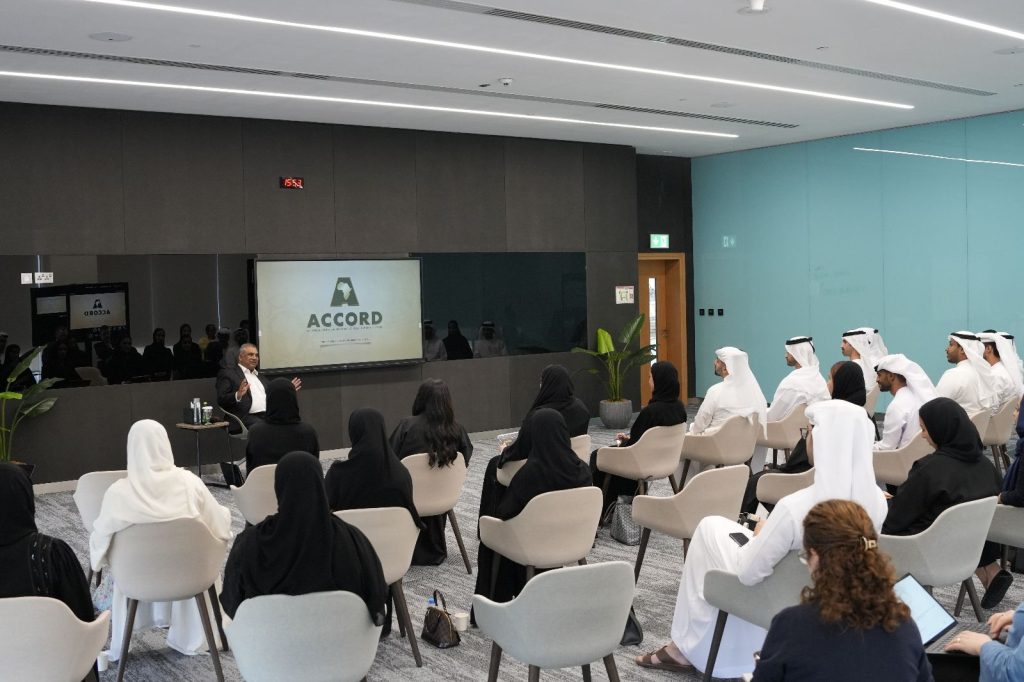On the 12th and 13th of October 2020 ACCORD conducted a youth and conflict management training session facilitated by ACCORD executive director Dr Vasu Gounden. The aim of the conflict management training was to strengthen local capacities for peace, enhance the policy engagement of local actors and to share knowledge and experiences from across different sectors.
The training sought to equip young people with the tools to understand and intervene in conflicts and mediation. Dr Gounden detailed the three spheres of society that form the basis of understanding the nature and source of conflict in Africa especially as people continue to converge on the centre and urban areas. The three spheres can be understood at the elites in the centre who have access to skills and capital, the peri-urban, who are people coming into urban areas who do not have access to skills and capital and then the rural sphere who are people living in rural areas who also do not have access to skills and capital. The rate of urbanisation in Africa will increasingly become a source of conflict as unemployment, inequality and poverty become more entrenched in urban area between those who have access to skills and capital and those who do not. It is therefore important for young people to have skills in negotiation and mediation in order to prevent armed conflicts from breaking out as these issues will persist in Africa in the future.
Dr Gounden indicated that understanding and analysing the conflict are key to successful mediation and intervention. There are a number of different types on conflict such as political, social or organisational that need to be understood before intervention can be conducted. Furthermore, it is also important to understand who the parties to the conflict are namely, primary, secondary or peripheral actors in the conflict. Understanding the interests and objectives of these actors is important for mediators if they hope to undertake a successful intervention. These understandings must be augmented by good communication skills, good listening skills and an ability to understand the context in which the conflict is taking place in order to conduct successful conflict mediation and intervention
This training session was conducted in line with ACCORDS six strategic pillars for vision 2021 and was done in line with ACCORD’s commitment to increase the role of youth in the peace processes.








